Lyttelton’s Marlon Williams has just released his second album Make Way For Love. It meditates on love, jealousy, the difficulties of relationships and having your heart broken. Marlon speaks with Kirsten Johnstone and breaks down some of the songs.
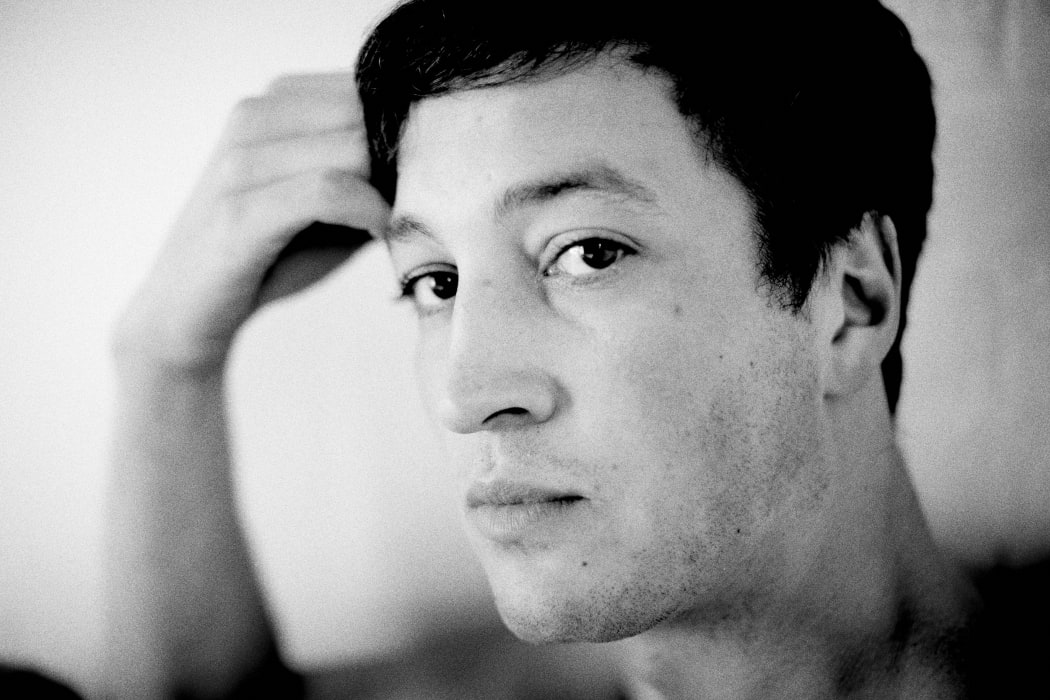
Marlon Williams Photo: Guillick
KJ: You’re immediately aware when listening to this album that it’s inspired by heartbreak - what’s it been like to talk about these songs with journalists?
MW: It’s been pretty therapeutic. The whole process, from the need to create these songs right down to moments like this. It’s been a very self-exploratory journey, yeah I feel like I gave up a lot of the weight of the material in the writing process.
Anyone who’s followed your career will know who this album is about - and Aldous Harding is a notoriously guarded and private person - did you need to discuss these songs with her before airing all this?
No. She’s guarded, but she’s extremely respectful and understanding about the artistic process, and the need to express honestly. Yeah, it’s not even a question. It’s what I want to do, and what I need to do, and that’s all there is to it.
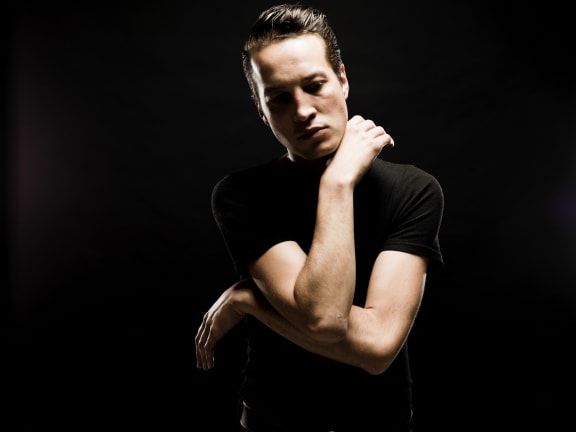
Marlon Williams Photo: Guillick
And she’s written songs that refer to you right?
I’m going to preserve that mystery for her.
You suffered some writer’s block before these songs came ‘vomiting out’ where did you do that?
I was at home, in Lyttelton, at [the house next to] Ben Edwards’ studio, which is the closest thing I’ve had to a home for a long time. So it was very close, and claustrophobic and there were mirrors everywhere .. it was like a little hothouse of myself.
So you were by yourself? Did Ben leave you to it?
Nah, Ben was in the studio, and … I would run back and forth and we’d lock things in as I went along. We turned into something of a comedy duo of me coming manically in and out like Kramer [from Seinfeld] with stupid new ideas and him trying to find some sense in them - rinse and repeat.
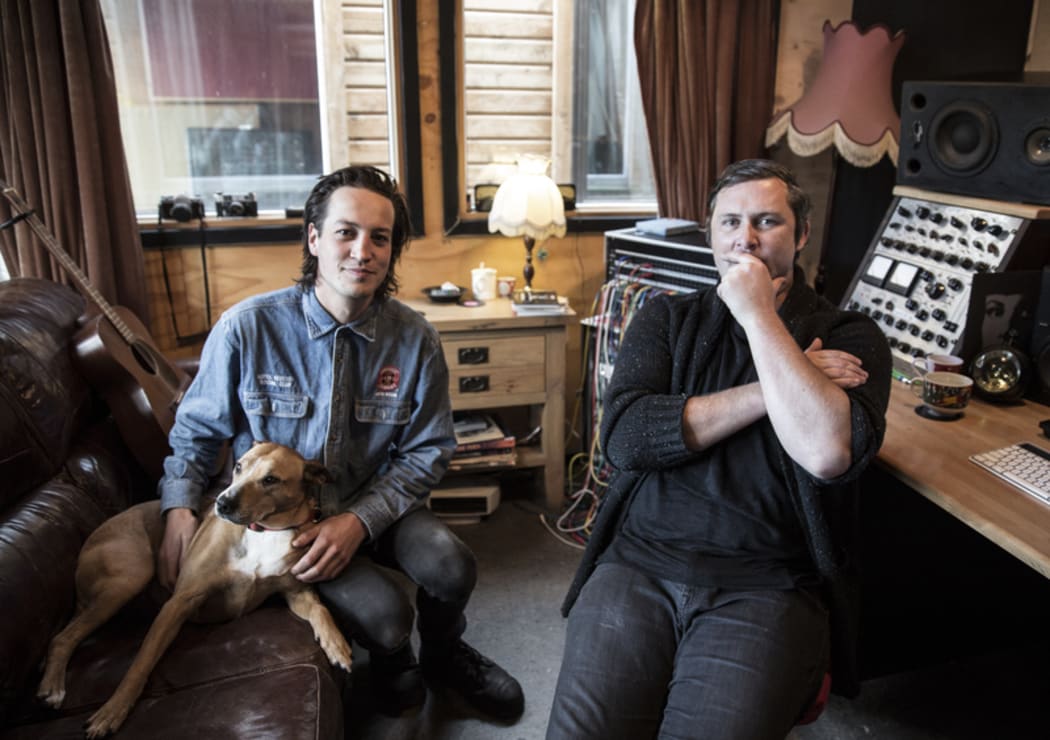
Photo: RNZ / Rebekah Parsons-King
Ben seems like quite a nurturing personality - was he ever concerned about your mental health?
Oh he’s always concerned about my mental health, and I’m always concerned about his. There was a real brotherly camaraderie going on, we’ve both been through a lot, together and separately, and so you know, it was a very safe space, and yeah, he is very nurturing and I felt a lot of love coming off him, and I kinda needed it.
You referred to your debut album as kind of a mixtape - a calling card - you were obviously aware of the lack of cohesion in that album. This one has cohesion, it has a concept right though, but were you ever afraid that it would be too much - too depressing - for people?
There was a moment when I thought, “This is going to be too overbearing, it’s too much of me projecting out on the world,” but then I talked to Delaney [Davidson] and he said, “That’s all these are is projections - and they’ll be imprinted on people’s own lives. The songs belong to the listeners as soon as they are the ones hearing them. So don’t worry so much about the drama of your individual life being shown to the world - it’s their drama.”
And that really gave me the confidence to carry on and follow through with what I was doing.
Song by song:
Nobody Gets What They Want Anymore
This song, that first half is about giving yourself a party line to get through. It’s posing as a cynic, as a means of escape from the reality and then at the end, it gives the game up, and the hand falls - actually it’s not going to be that easy.
I’m interested about the actual recording of this - you got Aldous Harding to record her part - but not in the same place. The press release said that it was recorded on a late night phone call - can you explain how that went?
Yeah - I recorded my part in the studio during the album process, Aldous was on tour at the time and wasn’t going to be able to make it into a studio until a couple of months later, so she did so in Cardiff, and I’d talk to her from Portland.
It was a very poignant and very bittersweet. Yeah we just talked it through, over the phone but we’ve got a pretty good musical language
Yeah - you co-produced her debut album - so that creative relationship goes back a long way.
It does.
Was there any element of fun to that recording session?
Not really. No, it was too weighty to be fun, but it was beautiful. There was something really beautiful about it even though it was painful, it felt properly cathartic for sure.
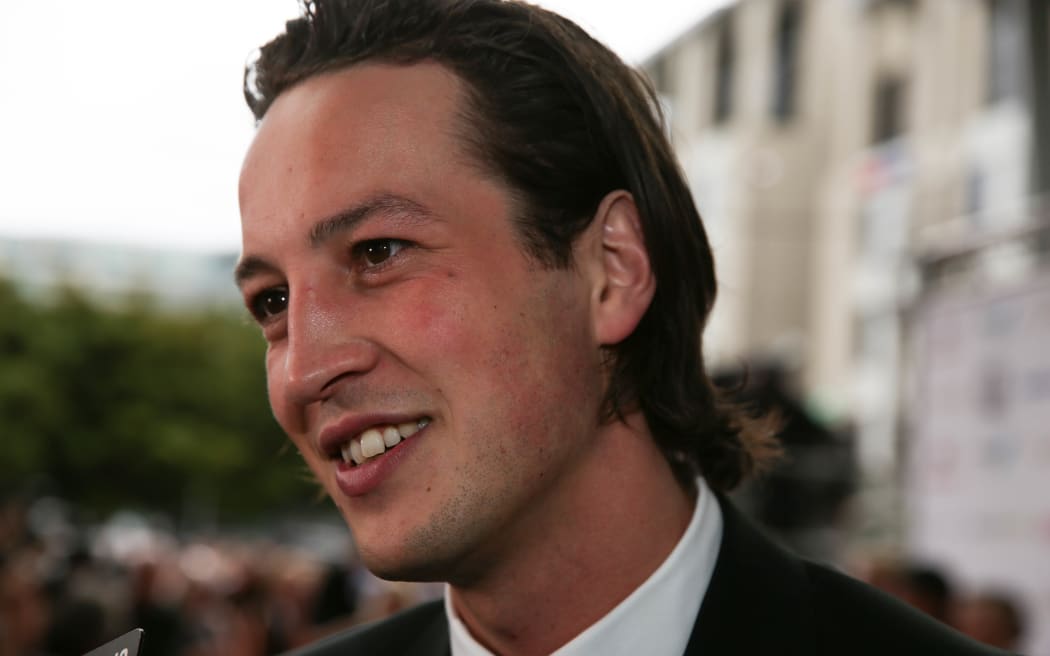
Photo: RNZ / Natasha Frost
Can I Call You?
You’ve been doing a cover of John Lennon’s ‘Jealous Guy’ lately, alongside your own material. Was that an inspiration for you? Or does it express a sentiment that you wanted to get out?
Yeah, I think the singer of ‘Can I Call You’ is the singer of 'Jealous Guy', before he knows what he’s doing. It fits along the timeline.
That line - ‘jealousy is an awful thing’ - it’s true eh.
That song really is just sickening outbursts of insecurity. That’s what it is, and it’s ugly, it’s awful.
But it’s something that pops up when relationships can’t be in the same physical space together.
Exactly, absence makes the heart grow suspicious.
That song starts out sounding like an ominous Bauhaus song or something. What’s the darkest thing you were listening to when you were making this album?
The sound of my own thoughts... [laughs].
Party Boy
I don’t think I’ve heard you swear in songs before…
Yeah. I must have been mad.
Have you ever actually threatened anybody before?
Ha. Um, yeah? Yeah there was this awful hippy at this festival in Mullumbimby in Australia the other week who came into our green room and we came offstage, and this dude was walking out with all of our beers and my drummer Gus’s jacket on, and I went up to him and he turned around and was like ‘you didn’t play ‘Arahura’ tonight’ - which we had, he was just too hammered to notice - so I stripped the jacket off him, and took the beers, and he started stepping to me - I told him to take one more step closer… That’s the only time I can remember threatening anyone.
So you’re not afraid of confrontation then?
I’m terrified of confrontation, absolutely terrified.
What’s Chasing You?
It’s just an earnest want to be inside someone’s head, you know, when you love someone and you think if only I could know exactly what’s going on then in some way I might be able to help.
And there’s some sort of paradox of communication there, you know, if you knew everything about someone then there’d be nothing left to do.
But yeah, it’s just a simplistic plea, saying if I can be let in, I can help, and everything’s going to be great. And it’s a very one dimensional feeling, but it’s one that everyone gets.
Make Way For Love
The last song on the album is the title track - Make Way For Love. How do you make way for love?
You make way for it anyway you want to, there’s no right or wrong way to do it. It’s just a warning, saying if you keep standing still, you’re going to get run over, so you might want to move. But if you feel like getting run over, hang around.
Bjork wrote a breakup album, and her latest album, she referred to as ‘her Tinder album’. Is that what comes next?
Jesus. Ummmm, I don’t know. There’ll be some sort of hot mess, I’m not sure what. But I don’t think it’ll be a Tinder album, I don’t really understand Tinder very well and I don’t get it, I don’t like it very much. So I don’t think it’ll be a Tinder album.
Marlon Williams: Make Way For Love is out now, and he'll be touring NZ in May.
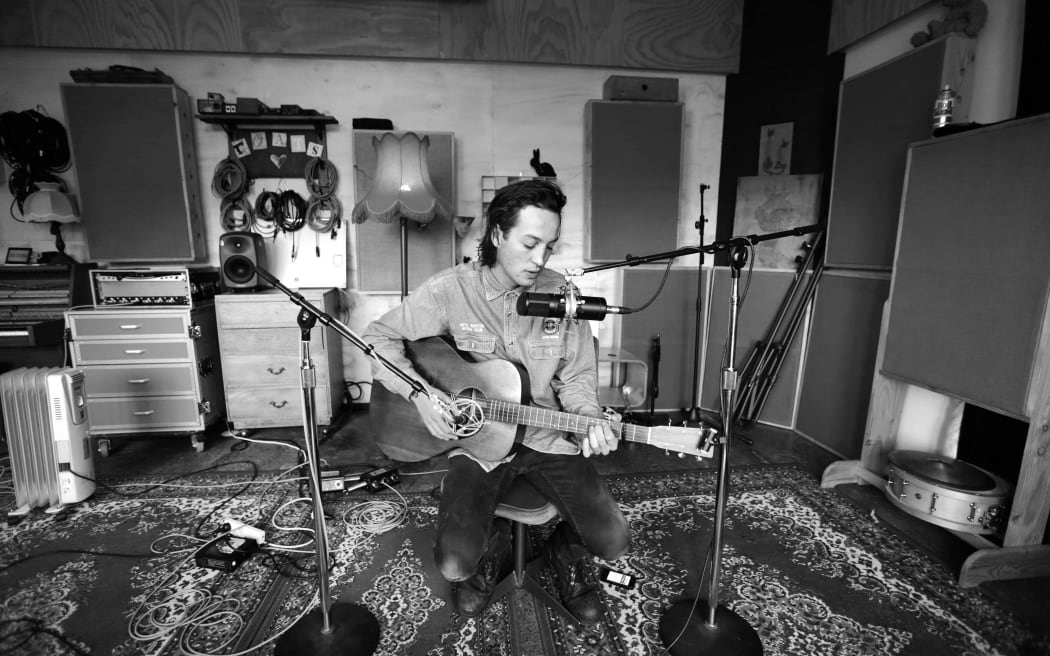
Marlon Williams 'Arahura' Photo: RNZ / YouTube

